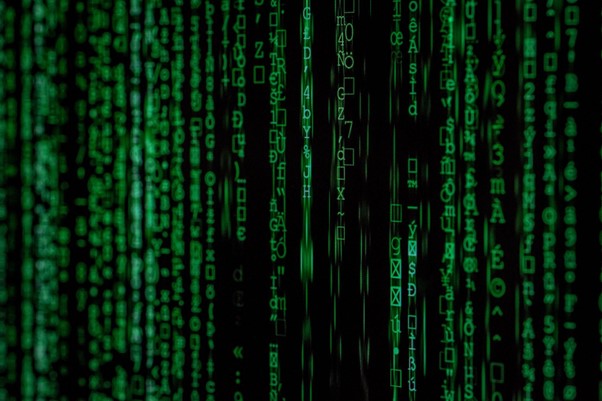How the blockchain will revolutionize the gaming industry
Blockchain is one of the most exciting and fastest growing technologies out there right now. Not only has it proven to be far more powerful than we could have ever imagined, but it is also much more versatile.
The gaming industry in particular has seen and could potentially see massive changes thanks to blockchain. Here are some of the ways it will change the gaming industry in the coming years.

Improved security
Whether you own an online casino or you’re building a fun RPG, blockchain technology provides vastly superior security. The blockchain itself is inherently incredibly secure due to the way information is stored and shared.
It is also a huge advantage for developers. Nowadays, hacks and data theft of game code not only destroy surprise titles, but cost developers millions in potential revenue.

Purchase and sale of assets
If you have played a video game before, you are well aware of the fact that by completing a game or playing for a certain amount of time, you can unlock in-game items that are incredibly rare and hard to obtain. However, these items are completely worthless outside of the game.
Developers want to change this by turning unlockables and in-game assets into NFTs that players can buy and sell. Not only does this create an in-game economy that exists outside of the game, but it also rewards players for playing the game by allowing them to earn money from what they unlock.

Many players have expressed their frustration with things like loot boxes, which require real money to buy but only give you in-game assets that can’t be used elsewhere. Turning these assets into NFTs adds both rarity and potential value.
New game modes
An interesting change that blockchain has brought to gaming is the invention of new game modes and ways to play video games.

Traditional or blockchain gaming
One of the most revolutionary forms of blockchain gaming is traditional or blockchain, otherwise known as ToB. This form of blockchain gaming allows players to ease into the blockchain gaming genre without having to fully commit.

Free-to-play-to-earn
One of the more common models you will see is the free-to-play-to-earn model or F2P2E. This type of blockchain game combines two aspects of gaming: the free-to-play model, which allows players to download and play the game for free with in-game purchases, and play-to-earn, which rewards players with crypto simply by playing , leveling up, etc.
This model allows players to play and enjoy a game and be rewarded with crypto, enables developers to earn through in-game purchases, and keeps players coming back to their game again and again.
More community involvement
One of the best parts of blockchain and decentralized gaming is the concept of players having far more control over how the game is played and what additions and changes are made. Decentralized games involve a voting process that allows players to decide what is and isn’t added to the game.
This level of democracy is almost unheard of in the gaming sphere and will allow players and developers to come together and create custom games that have everything players want and nothing they will never play or enjoy.
Many, if not all, of the games are also open source. This means that players can access the code of the game and create levels, characters, assets, etc. that can be added to the game.
Challenges
While blockchain gaming is incredibly exciting, it will face some challenges, with the main ones being demand, maintenance and resources.
Demand
For something to be popular, it has to be something everyone wants; blockchain games are not there yet. Many players don’t want to play fairly simple decentralized games when they can play Call of Duty or League of Legends instead.
Decentralized games are way too similar to mobile or flash games at the moment, and so they don’t draw in the big crowds and don’t draw them in until they compete with the big AAA titles.
Maintenance
Maintaining a decentralized game is also proving to be very difficult. Considering that many developers of these games are small-scale operations, sometimes even just individuals, it is very challenging to be able to keep up with all the maintenance that is needed.

Resources
The last problem many decentralized game developers face is a lack of resources. Decentralized game developers can be seen as independent developers; they are small teams with very limited funds and little or no power in the game area.
Because of this, combined with the issues above, developers are limited in what they are able to achieve. Although this is a temporary problem, if it is not changed, there is not enough room for growth.


